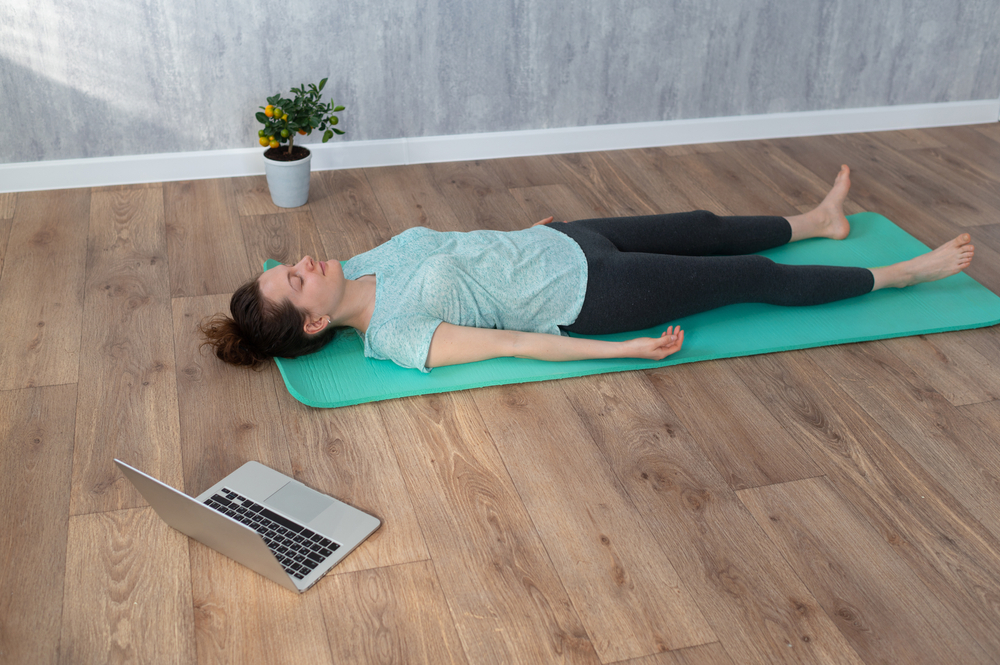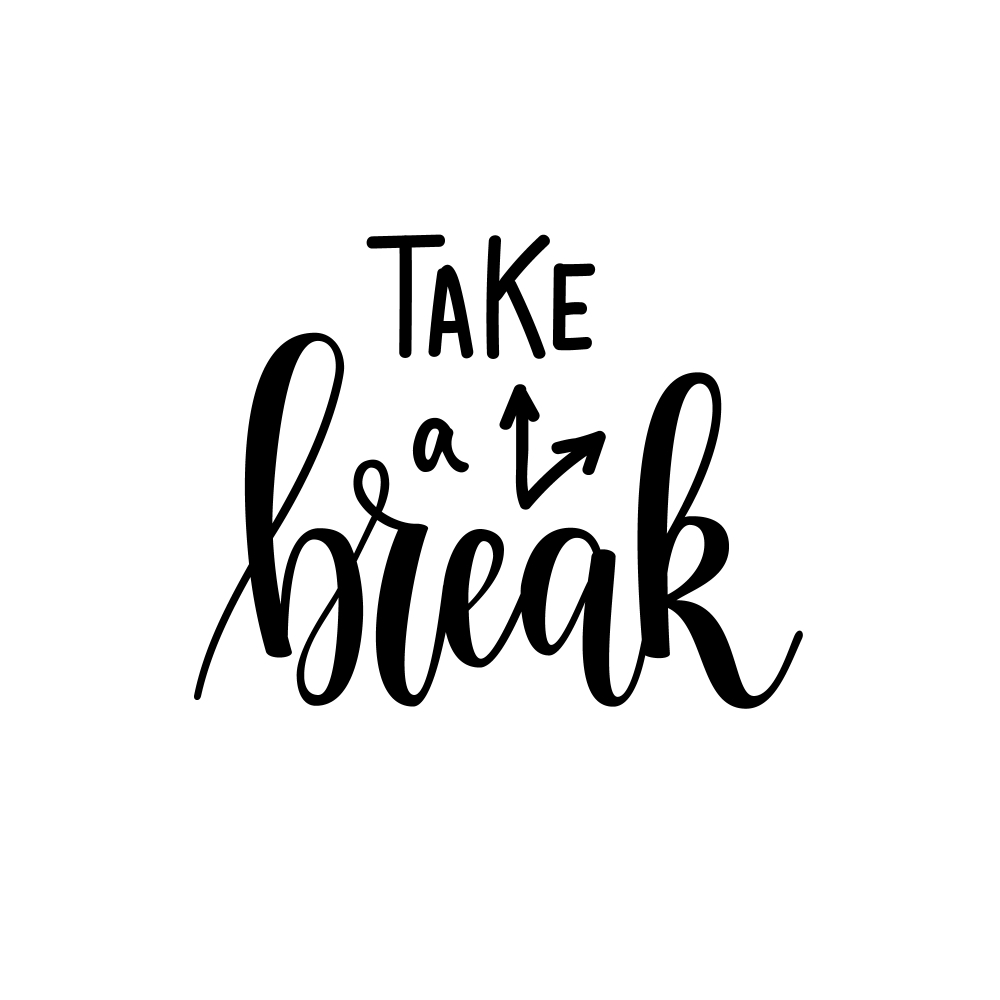Have you ever attempted to fix an ongoing lack of energy by taking more sleep and rest — only to do so and still feel exhausted?
If that’s you, this is the secret: sleep and rest aren’t the same things, although many of us incorrectly confuse the two.
We go through life believing we have rested because we have fallen asleep – but in reality the other kinds of rest that we so need do not exist. The outcome is a highly accomplished, productive, chronically fatigued and chronically stressed culture. We suffer from a relaxing shortage since the actual power of rest is not understood.
Rest should equal restoration in the following seven areas of your life. Here are 7 types of rest:
1. Physical rest

Physical rest, which can be passive or active, is the first sort of rest we require. Sleeping and napping are examples of passive physical rest, whereas active physical rest includes restorative activities such as yoga, stretching, and massage treatment, which assist enhance the body’s circulation and suppleness.
2. Get some mental rest.

Mental rest is the second sort of the type. Do you have a coworker that begins each day with a large cup of coffee? He is frequently irritated and forgetful, and he struggles to concentrate on his task. When he settles down to sleep at night, he usually fights to turn off his brain as ideas from the day fill his mind. And, despite sleeping seven to eight hours a night, he wakes up feeling as if he never went to bed. He suffers from a lack of mental rest.
The good news is that you do not need to quit your work or take a vacation to resolve this. Schedule small pauses every two hours throughout your job; these pauses might serve as a reminder to calm down. You might also keep a notebook next to your bed to jot down any bothersome ideas that keep you awake.
3. Sensory relaxation

Sensory rest is the third sort of rest that humans require. Bright lighting, computer screens, background noise, and several discussions — whether in an office or on Zoom calls — may overload our senses. This can be mitigated by doing something as basic as shutting your eyes for a minute in the midst of the day, as well as disconnecting from gadgets at the conclusion of each day. Intentional sensory deprivation can help to repair the harm done by an overstimulating world.
4. Give yourself a creative break.

Creative rest is the fourth sort of rest. This form of relaxation is very useful for those who need to solve issues or come up with fresh ideas. Creative rest reawakens the astonishment and wonder that exists inside each of us. Do you remember your first time seeing the Grand Canyon, the beach, or a waterfall? Allowing yourself to soak in the beauty of the outdoors — even if it’s only in your own backyard or in a local park – offers you with creative respite.
However, creative relaxation entails more than just loving nature; it also entails enjoying the arts. Make your workstation an inspirational atmosphere by displaying photographs of locations you love and pieces of art that appeal to you. You can’t expect to feel passionate about anything, much alone come up with unique ideas, if you spend 40 hours a week gazing at a blank or chaotic environment.
5. Emotional relaxation

Let’s look at another person — the buddy that everyone says is the nicest person they’ve ever met. It’s the person on whom everyone relies, the person you’d call if you needed a favour because, even if they don’t want to do it, you know they’ll give you a hesitant “yes” rather than an honest “no.” When this person is alone, though, they feel underappreciated and as though others are using them.
This individual need emotional relaxation, which involves allowing yourself the time and space to express yourself freely and refraining from people pleasing. Emotional relaxation also need the courage to be genuine. An emotionally rested individual may honestly respond to the inquiry “How are you today?” with “I’m not okay,” and then go on to express some difficult things that might otherwise go unspoken.
6. Social relaxation

If you’re in need of emotional rest, you’re usually also in need of social rest. This happens when we fail to distinguish between connections that revitalise us and those that drain us. Surround yourself with nice and helpful individuals if you want to enjoy more social rest. Even if your conversations must be virtual, you may opt to participate more completely in them by turning on your camera and concentrating on the person you’re chatting with.
7. Spiritual rejuvenation

The capacity to connect beyond the physical and mental and feel a profound feeling of belonging, love, acceptance, and purpose is the last sort of rest. To obtain this, engage in something bigger than yourself by including prayer, meditation, or community service into your daily routine.
As you can see, sleep alone cannot return us to a state of rest. So it’s time to start focusing on getting the proper sort of rest we require.
Note: Fatigue can be related with a variety of health issues, so please consult your doctor if it continues.
Also Read : How Does An Exercise Help Protect Against Severe COVID-19? – V Cure (vcurehealthcare.com)





